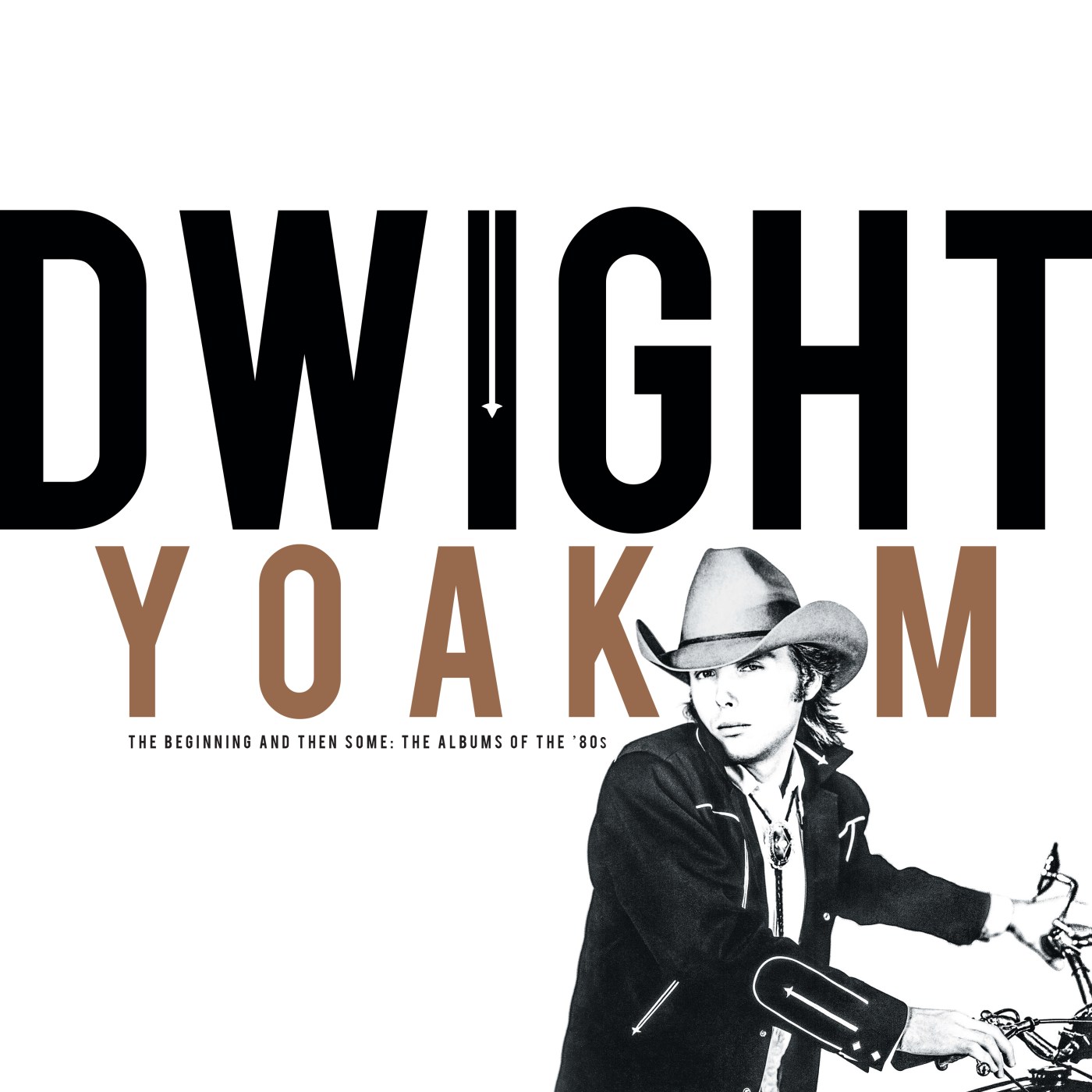
Remember when country music wasn’t for bros?
The most disappointing thing about Sam Hunt’s “Body Like a Back Road” is the fact that humans wrote it. If Hunt’s 2017 bro-country hit was written by an AI system programmed by junior ad execs, well, the song wouldn’t be any better, but the world would make sense.
People hate a lot of things about bro-country: its sonic repetitiveness, dumb lyrics, obvious hooks, relentless commercialism. But a lot of country (and pop, punk, classic rock…) has these traits. What’s soul-crushing about the genre is it feels so calculated.
Nothing throws the bros into stark relief like three recent vinyl reissues from Rhino Records — Willie Nelson’s “Phases and Stages,” Linda Ronstadt’s “The Asylum Albums (1973 – 1977),” and Dwight Yoakam “The Beginnings And Then Some: The Albums of The ’80s.”
There’s a huge artistic distance from Nelson’s spare, clear-eyed concept album about divorce, to Ronstadt’s delicate-and-bold masterpiece “Heart Like a Wheel” to the twang heaven of Yoakam’s perfectly-titled “Guitars, Cadillacs, Etc., Etc.” But the link between them is that they’re all so soulful, so authentic, so human.
Entering his 40s, after a decade of writing mainstream hits for others, Willie transitioned to a singular voice from outside the establishment. On 1974’s “Phases and Stages,” he crafted an LP split between the perspectives of a disillusioned wife and broken husband.
The crushing narratives — see the despondent-but-cookin’ “Pretend It Never Happened” — get dressed up in Western swing, bluegrass, and honky tonk romps. But just as often Willie’s cowboy poetry is costumed in Delta blues flourishes, melancholy pop strings, and simple folk. Every song gets what it needs. Everything feels fittingly organic.
During Linda Ronstadt’s four album run covered in this set from 1973’s “Don’t Cry Now” to 1976’s “Hasten Down The Wind” is often considered pop country. But there’s nothing here that sounds like modern market-driven pop country.
Ronstadt’s version of the Eagles’ “Desperado” swells and swells and swells as her voice rises to match horn and string sections akin to the crescendo of “Bridge Over Troubled Waters” (both Simon and Aretha’s renditions). As her voice sings epic verses of pain on “Heart Like A Wheel,” a violin and viola snake in and out, somewhere between Appalachian fiddle and chamber music. Nobody subtly defies genre boundaries like Ronstadt on these LPs — “When Will I Be Loved” as a gleaming California country rock stomp, “Tears of a Clown” as Nashville soul, “That’ll Be the Day” both rockabilly and adult contemporary.
Dwight Yoakam is the ultimate antidote to bland bros. It’s odd because there’s some macho in Yoakam’s new traditionalist sound. This box set, especially the early demos included, shows he sees country as a line from Hank Williams to Johnny Cash to Merle Haggard to him. But there’s no schtick to Yoakam. He has such a reverence for the form.
Yoakam can put so much twang in a barn burner you don’t notice he’s crying in his beer singing, “Yeah my guitars, Cadillacs, hillbilly music/Is the only thing that keeps me hanging on.” “Little Ways” swings so hard you’ll need to recheck the liner notes twice to make sure it’s an original and not a Lefty Frizzell cover. A duet on “The Streets of Bakersfield” with the great Buck Owens is obligatory, but the Tex-Mex accordion flourishes make it brand new.
Popular music evolves and succeeds when it embraces outsider voices — and country is getting a dose of stuff to counteract a decade of repetitive, dumb, obvious commercialism (see Zack Bryan’s heartland rock and indie folk that masquerades as country and everything on “Cowboy Carter”). The Willie, Ronstadt, and Yoakam sets represent similar times, when impulse trumped calculation.
(Courtesy Rhino Records)
—


